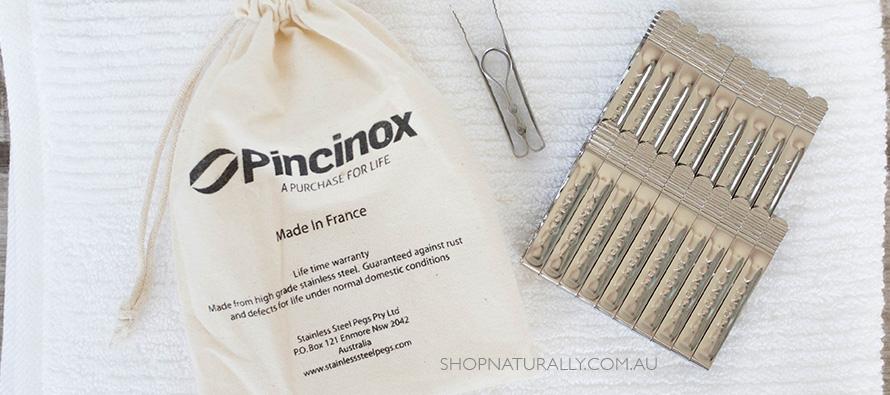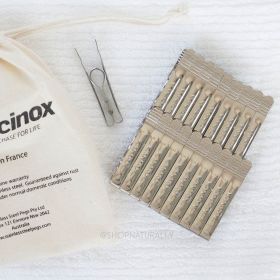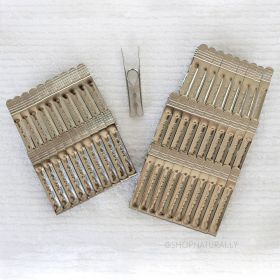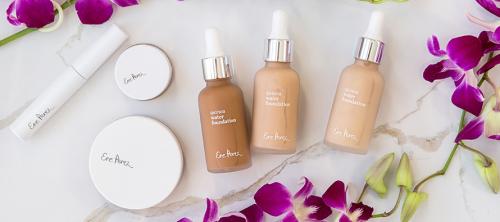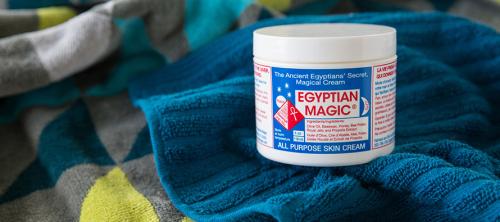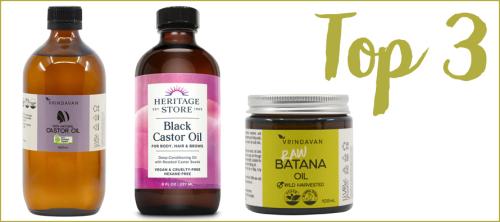Which pegs for your plastic free laundry?
Getting a plastic free laundry is something that can be done. As plastic free becomes more mainstream as activists show us just how much plastic, and in particular, microplastics that end up inside fish and then inside us, is floating around the ocean and how our rubbish is damaging wildlife. Some of the images and videos are hard to watch. One area where many people think it's impossible to make the transition is in the laundry. We have been working hard on providing more eco friendly choices in our natural cleaning products range, with biodegradable dish cloths, coconut and walnut fibre brushes and scrubbers and more. Buying organic soap nuts removes the plastic bottle of laundry liquid from the equation but what about when you get out to the clothes line.
For your plastic free laundry, plastic pegs are dirt cheap, but they crack, get brittle in the weather and have a short life span. The three main options are wooden pegs (which we have never stocked), bamboo pegs (below) (which we used to stock but no longer do due to no demand online) or stainless steel pegs. All three have their pro's and con's.
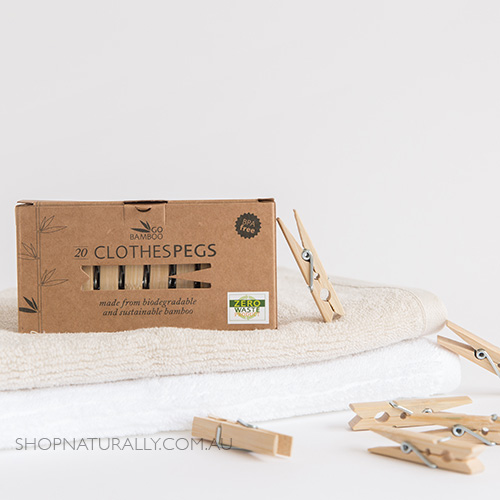
Wooden Pegs
Wooden pegs are cheap and very easy to find as an integral part of any plastic free laundry. They're so cheap and easy to find that we have never stocked them. A quick search online finds a 48 pack from the supermarket for just over $2, making them the most affordable option after plastic pegs.
They will perish over time, especially if you leave them out in the weather. They can give splinters if they're cheap and the tannins in wooden pegs can stain clothes, especially white or light coloured clothes. The pack we found at Coles were in a plastic bag, so they're not really plastic free. If you can find some in a cardboard box rather than a hang sell plastic bag, that's absolutely your budget friendly option.
Bamboo pegs
When putting together your plastic free laundry, the benefit of wooden or bamboo pegs over stainless steel is their price. Bamboo pegs will be dearer than wood. Like their timber / wooden counterparts, the bamboo will perish over time, and for those who leave their pegs out on the line, this will happen very quickly and it's not advised. The reason we only ever sold bamboo pegs in the paste and not wooden pegs is the tannin in the timber. When timber gets wet, it can release tannins (the colouring in wood) on to your clothes. The amount of tannins found in bamboo is significantly lower and it's far less of a problem. If you're hanging up a lot of light coloured clothes, wooden pegs can be a staining issue. Plus, you can buy them at the supermarket or Bunnings.
Stainless Steel Pegs
No staining, no perishing - these are an investment for life in your plastic free laundry wish list, which brings us to the #1 issue with stainless steel pegs, their price. They start at around 50 cents per peg (in our 201 grade from the brand Wire Pegs) and go up to close to $1.50 per peg for the marine grade in the same brand. From Pincinox Pegs, (pictured at the top of the page) they're between $1.70 and $2.00 per peg depending on how many you buy at a time.
Do you need to spend $2.00 a peg when there's a 50c option?
This is completely a personal choice. The Pincinox Pegs are shaped more like a standard peg which many people like. They have also been manufacturing them for 50 years with no warranty claims. Hand them down to your grandkids. The Wire Pegs brand come in three grades. You can read the grade guide on our plastic free clothes pegs page to learn which grade will suit your conditions.
Do they get too hot to handle in the Aussie summer?
No they don't. We have multiple customers who live in the tropics who have used the Wire Pegs brand on 40+ degree days with no issues.
